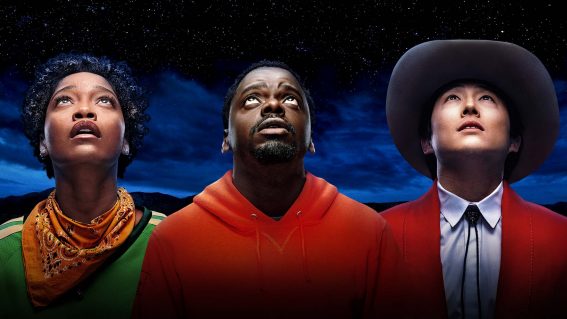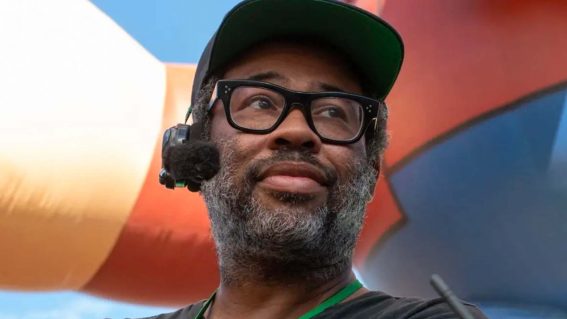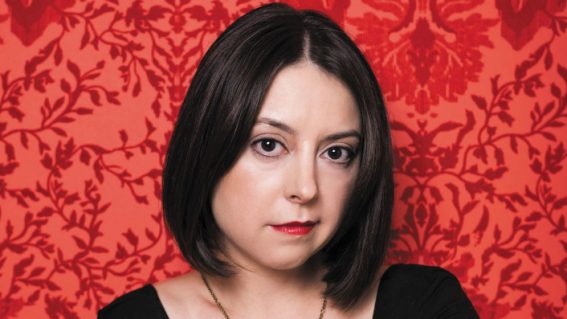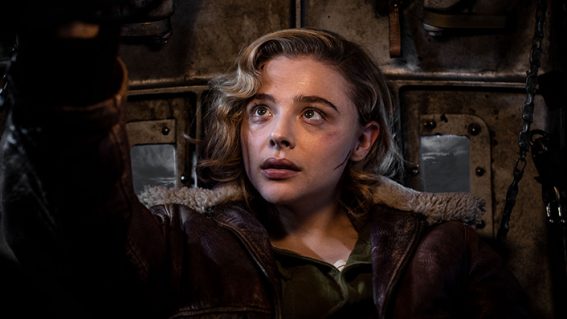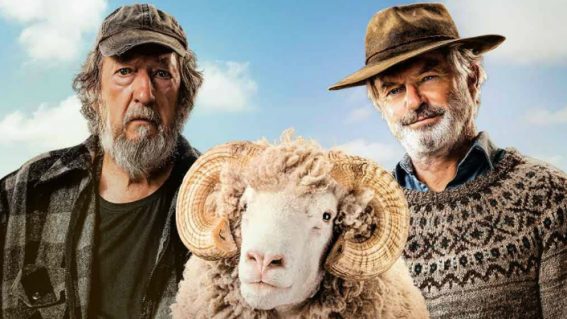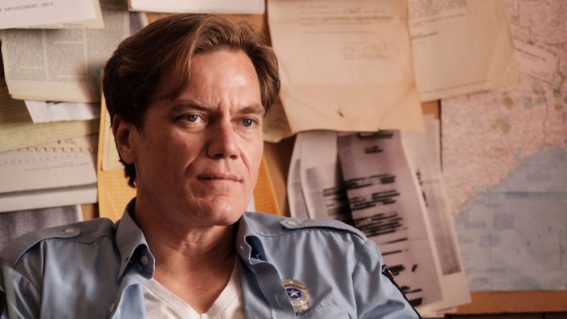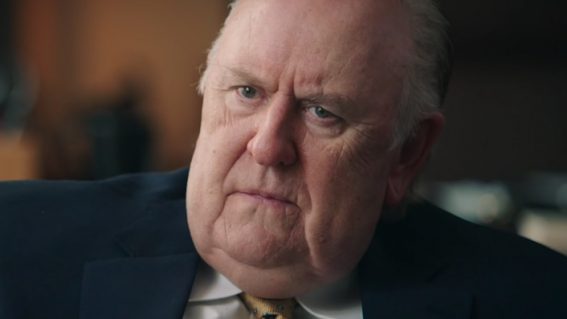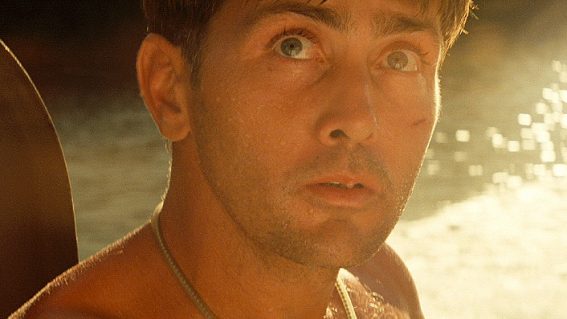Amy Adams talks “intense” mini-series ‘Sharp Objects’ with Flicks
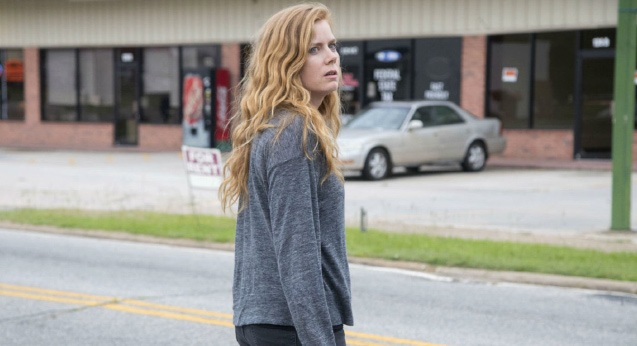
Amy Adams gives the performance of her life in Sharp Objects, NEON‘s buzzed-about new mini-series based on the novel by Gone Girl author Gillian Flynn. Adams stars as Camille Preaker, an alcoholic journalist (hi-yo!) who returns the small Missouri town of her childhood to report upon some missing children, and gets caught up in a murder mystery that may or may not relate to her traumatic upbringing. The great Patricia Clarkson (The Party) is also magnificent as Camille’s twisted Southern Belle of a mother, Adora, and Aussie newcomer Eliza Scanlen (Home & Away) announces herself with a stunning performance as Camille’s secretly rebellious teenage sister, Amma.
Described by director Jean-Marc Vallée (Big Little Lies) as “Tennessee Williams on acid”, Sharp Objects is garnering Adams some of the best reviews of her already very illustrious (five Oscar noms and counting) career.
NEON sponsored this objectively awesome piece of content, which sees Adams sit down with Dominic Corry in Los Angeles to discuss Sharp Objects.
FLICKS: Camille is one of the most convincing alcoholics I’ve ever seen portrayed on screen.
AMY ADAMS: You don’t see it in an obvious way. Some people when they’re drunk aren’t fun, they turn into angry people. But I think in playing Camille it was part of the bigger package of dysfunction. She is somebody who drinks to get by, and so it’s when she’s not drinking that you see more of the physical effects of alcohol than when she is drinking, she has more withdrawal symptoms than she has the symptoms of alcohol. That’s how I saw it. The alcohol makes her feel numbed as opposed to making her feel drunk.
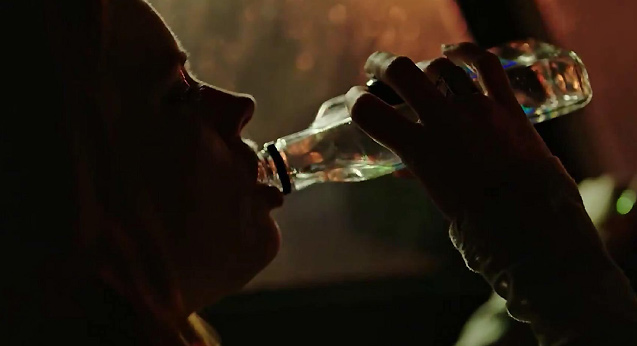
‘Sharp Objects’ seems to both subvert and embrace the Southern Gothic storytelling tradition.
That’s one of the things that I love about Patricia Clarkson being involved, there’s some way that she just embodies that. There’s something about her that’s just so fragile, and yet completely thoroughly tough. There’s something there. She’s like a walking Tennessee Williams character, and Adora is very much like that. That’s something that Gillian taps into and that Jean-Marc was paying a lot of attention to in the way that he designed it – the wallpaper, the details, the lighting – it has that feel to it.
This story hinges on the relationships between mothers and daughters. Did you think about that in terms of your relationship with your own daughter?
Hopefully, she doesn’t remember me like Adora. She’ll have her moments and definitely have a temper, but I’m fair. I think I just want her to always know that she’s a priority. I want her to not be afraid to try new things. It’s that tricky thing, because even outside of Hollywood, there’s that temptation to give your kids everything you never had or to, it ends up with this kind of entitlement, so I do want to teach her independence and work ethic and all of those things so I hope she can achieve whatever she decides what she wants out of her life.
Camille says at one point “My demons are not tackled, they’re just mildly concussed”. Do you relate to that statement?
I think it’s how we deal with that pain that makes us unique and individual. But I think it’s so nice to now be a grown-up and to be able to share with people that you don’t feel as alone, because growing up, I always felt very alone in my particular sadness. But then you become an adult and you’re like “Oh, we’re all sad”. (Laughs). I don’t know if it’s better or worse. I don’t know. The hope is that you feel less alone.

This is a very dark story – did that darkness infuse the filmmaking process at all?
It can kind of go back and forth. I wouldn’t survive without a certain amount of levity, so we definitely had some fun times. But the way that Jean-Marc works is very intense, even before we got into it, he was like “Are you sure you want to do this with me because I’m going to ask a lot of you”. In episode eight there was definitely a period of time where I spent like eight, nine hours in a real weird place, and coming out of that was interesting. There wasn’t a lot of laughs that day. I bring my husband to set sometimes and I brought him to set that day.
This is the longest amount of screen time you’ve devoted to one character – how was that?
It just feels a little….longer. We had small built-in breaks. But this is the longest and most intense I’ve worked on something. But I think it was the right time in my career to do it, and the right time as a human being, I felt confident that I could do that and come back to a healthy person.
Did it feel particularly different to your film roles?
It’s my job, so to some degree it’s the same, this one was different in terms of being an exec producer, which gave me a totally different perspective on getting stuff made, just the joys and the challenges, and the ins and outs. But it was great to get to use my voice in that way to be a part of the creative process. And I love problem-solving. Even if I wasn’t right all the time. Don’t tell anybody I said that. But it was nice to have that agency.
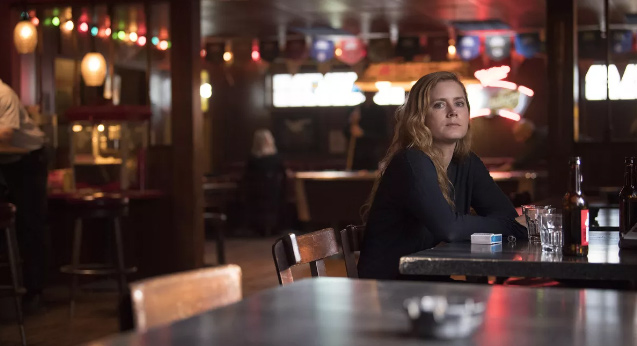
Your character self-harms by cutting, and we see that her body is covered in scars. What was it like having those applied?
The full body was about four and a half hours. It was a very strange experience because I had to stand virtually naked because they had to do my whole body. And that put me in a really vulnerable place, because I’m not someone who stands naked in front of special effects teams all the time. (Laughs) I tend to be more covered up so that, it was interesting because it put me in a vulnerable place before we were doing vulnerable stuff to begin with, so it was very helpful in a way, although it was challenging in another way.
This objectively awesome piece of content is brought to you by NEON, where Sharp Objects is now available to stream, with episodes added weekly.
If you’re not on NZ’s best streaming service already, click here to sign up to their TV & Movies package now.

